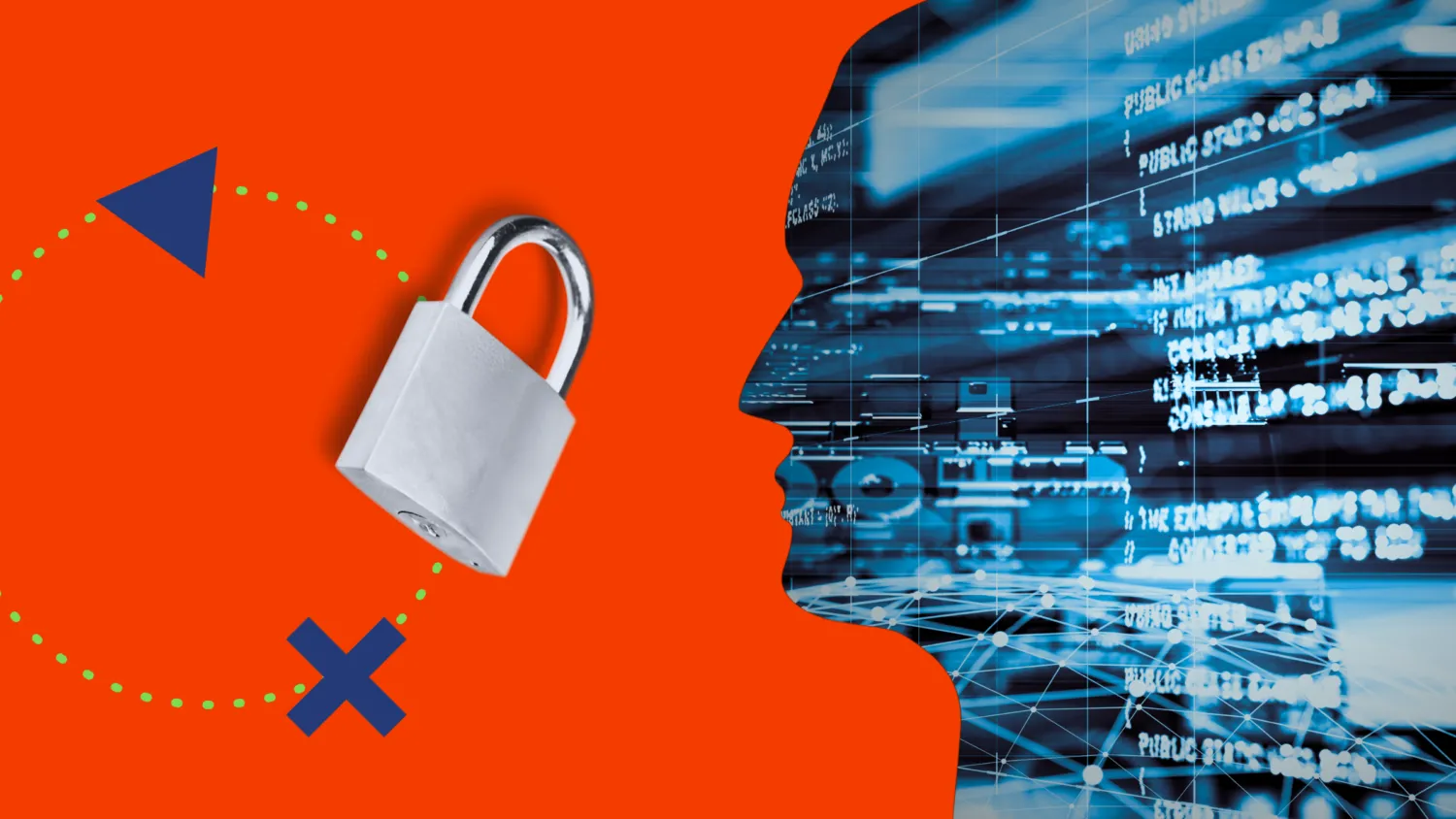
How enterprise blockchain technology improves security
For businesses in the digital age of today, security issues including cyberattacks, data breaches, and fraud are main causes of worry. Blockchain technology is revolutionary as conventional security approaches cannot keep up. But just precisely how can enterprise blockchain technology improve security? Let's go in and see how companies are using blockchain to safeguard transactions and private information.
Read also: Best Enterprise Cloud Solutions For Startups
Describe Enterprise Blockchain.
Definitions and salient features
Designed especially for companies, distributed ledger technologies (DLT) include enterprise blockchain. Unlike public blockchains like Bitcoin, commercial blockchains are frequently permissioned, meaning just authorised users may view and change data.
Public and Private Blockchains: Differences
Public Blockchains: Available to everybody, utilised for cryptocurrencies (like Bitcoin, Ethereum).
Personal (Enterprise) Blockchains: Restricted access, applied by companies to improve effectiveness and security.
Businesses needing high-level security, regulated access, and trust among several parties would find especially helpful enterprise blockchain solutions.
Security Issues in Companies?
Let's review some typical security risks companies run before we get into blockchain security solutions:
- Data Breaches: Hacker targets sensitive consumer and company data quite a bit.
- Cyber threats include rising phishing, ransomware, and insider assaults.
- Traditional databases are vulnerable to attacks as they include only one point of failure.
Let us now consider how corporate blockchain could solve these problems.
How Does Blockchain Improve Safety?
Tamper- Proof Records and Decentralisation
Blockchain distributes data among several nodes, therefore removing a single point of failure unlike conventional databases. Once a transaction is documented, it cannot be changed without network consensus, so fraud or manipulation almost cannot happen.
Cryptographic Encryption for Information Safety
Blockchain locks data using cutting-edge cryptographic methods. Every transaction is connected to the one before it, therefore guaranteeing secrecy and data integrity.
Smart Contracts for Safe Transactions
Without middlemen, smart contracts enforce and automate agreements. This helps to lower human mistake and stop illegal changes.
Mechanisms of Consensus to Stopper Fraud
Blockchain systems validate transactions using consensus protocols—such as Proof of Work, Proof of Stake. This guarantees only legal transactions are entered, therefore eliminating data tampering and fraud.
Read also: How to implement enterprise resource planning (ERP)
Important Enterprise Blockchain Security Attributes?
Immutable Ledger and Audit Trails
The immutable ledger of blockchain maintains a clear, permanent record of every transaction. This helps identify any questionable behaviour and increases the dependability of audits.
Controlled Access Permission
Strict access limits implemented by enterprise blockchains guarantee that only authorised users may see or change private data.
Anonymisation and encryption of data
Blockchain encrypts transaction data, therefore limiting illegal access while also enabling transparent contacts. Zero-knowledge proofs are also used by certain corporate blockchains, therefore preserving data privacy while also allowing openness.
How may enterprise blockchain be used for security?
Effective Supply Chain Management
Blockchain is used by businesses to monitor goods from manufacture to delivery, therefore guaranteeing authenticity and stopping counterfeiters.
Financial Services' Prevention of Fraud
Blockchain helps banks and other financial companies improve compliance, identify fraud, and protect transactions.
Healthcare Data Security
Blockchain allows hospitals and clinics to save and distribute encrypted patient records, therefore guaranteeing data privacy and regulatory compliance.
Identity Verification and Management
By offering safe, distributed authentication, blockchain-powered identity management stops fraud and identity theft.
Blockchain Security Against Conventional Systems: Comparisons
- Conventional security methods depend on centralised servers and firewalls, which are easily attacked. On the other side, blockchain offers:
- No one point of failure; decent decentralisation; tamper-proof data; transactions cannot be changed; strong encryption and permissioned access
Difficulties Applying Blockchain for Security?
Adoption of business blockchain technology presents difficulties even with its benefits:
- Scalability problems: certain blockchains find great transaction volume difficult.
- Integration with Legacy Systems - Companies have to modify current systems.
- Government are still working on explicit blockchain rules for regulatory compliance.
Blockchain Security of Future Enterprises:
With artificial intelligence-powered fraud detection, cross-chain security, and quantum-resistant encryption on horizon, blockchain security seems to be headed forward. Blockchain will become pillar of corporate security as acceptance increases.
Finally
Enterprise blockchain technology is transforming cybersecurity by giving companies distributed, tamper-proof, very safe solutions. Blockchain improves security in ways traditional approaches cannot from fraud prevention to safe transactions. Blockchain will remain a revolutionary tool in corporate security as technology develops.


